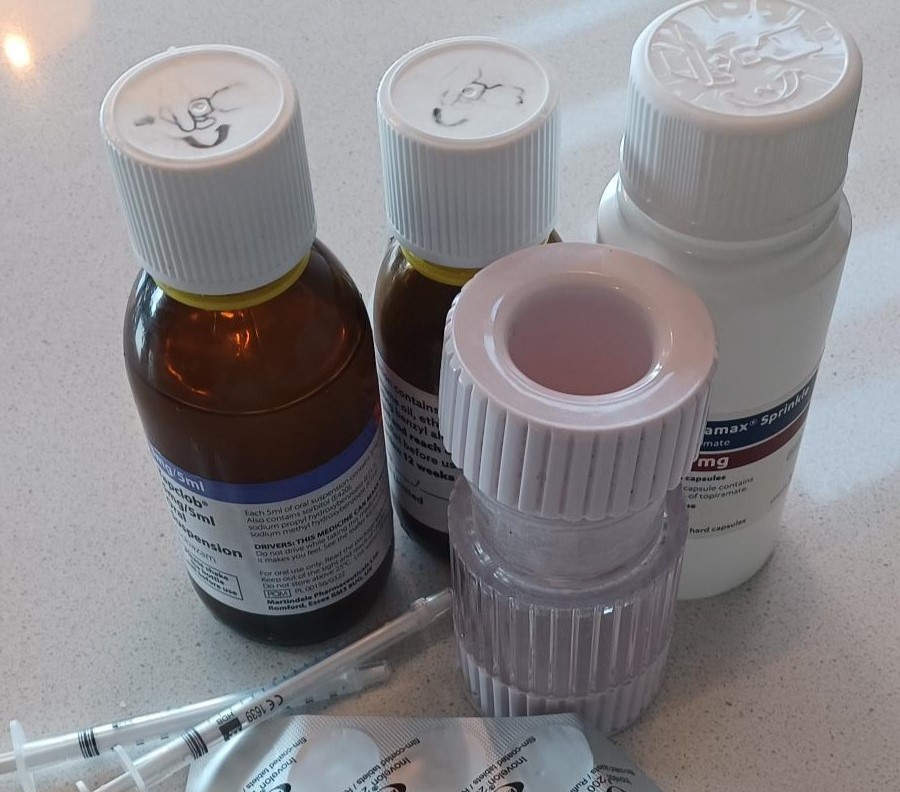I have always found epilepsy quite a nice word to say, it sounds almost pretty as you speak it. While I knew it wasn’t a nice condition to live with, prior to 26th December 2015, I had no idea of the impact it could have. This meant I was unprepared for the terrifying journey we were about to embark on.
My beautiful little girl had her first seizure at 18 months old. I was applying mascara at the time, I can remember that vividly. My husband shouted up to me that she was having a ‘fit’ (we now know to refer to this as a seizure). She had her second tonic clonic seizure about two weeks later, just as my shoulders were dropping and I was starting to think that maybe the doctors were right when they thought it was ‘one of those random things’. Another ambulance trip, a huge list of tests. Terrifying tests with long waits for results.
My daughter is now nine and has complex and drug resistant epilepsy
She has tried at least ten medications, has been on the ketogenic diet for 5 years, has a Vagus Nerve Stimulator and has a severe learning disability. She is wonderful and adored by all who know her. She has taught us so much and made me a better person in so many ways.
It’s epilepsy awareness month, so I’m going to share a few things I have learned about epilepsy, and some tips which may be helpful.
1. It is often a shape-shifting condition.
My daughter’s seizures have evolved and changed over the years; we think we see a pattern or some stability and bam, things switch again. It is hard to achieve, but where possible, try to take things day by day. A seizure happens, it’s horrible. Then it passes and there are peaceful times. Sometimes these are not long but there is solace to be found here if you can be in the moment.
2. Doctors don’t know everything.
Make sure you have a doctor that listens. Good doctors are curious and know that the carer or parent of a child with any condition has valuable insight. Never be afraid to ask for a second opinion if something does not sit right for you. Oh, and if you are referred to as ‘mum’ or ‘dad’, and, like me, find this patronising, politely remind them of your name.
3. Find your tribe (at the right time).
There are numerous epilepsy forums and Facebook groups. When the time is right, they can provide a valuable source of support and guidance. I went on the groups too early in my journey initially and found myself becoming more anxious than I needed to be, reading other people’s stories.
4. There are many medications and everyone reacts differently.
Just because a medication did not work for one person, it may be another’s miracle drug. Don’t fall into this trap on the forums when people discuss meds. Unpleasant side effects may occur for one person but not another. To dismiss a drug based on hearsay is not a good idea. Always discuss with your doctor.
5. There are other treatments as well as medications including surgery, Vagus Nerve Stimulators and the ketogenic diet.
- Epilepsy charities have excellent information on these so read up and don’t be afraid to bring them up with your doctor.
Epilepsy can be an incredibly hard condition to live with, but the right support and knowledge can make things so much easier. Epilepsy charities are an excellent starting point. One of my favourite sayings since diagnosis is: ‘this too shall pass’. And it does.
